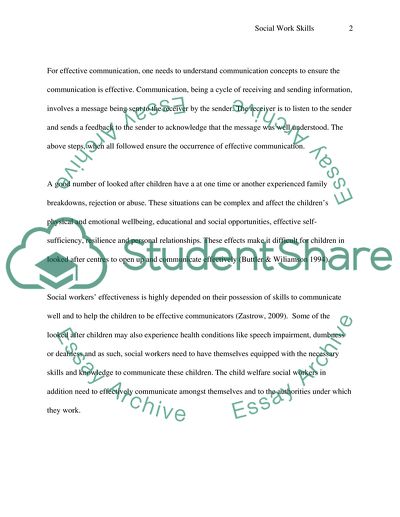Cite this document
(“Social Work Skills Assignment Example | Topics and Well Written Essays - 2000 words”, n.d.)
Retrieved from https://studentshare.org/social-science/1561941-social-work-skills
Retrieved from https://studentshare.org/social-science/1561941-social-work-skills
(Social Work Skills Assignment Example | Topics and Well Written Essays - 2000 Words)
https://studentshare.org/social-science/1561941-social-work-skills.
https://studentshare.org/social-science/1561941-social-work-skills.
“Social Work Skills Assignment Example | Topics and Well Written Essays - 2000 Words”, n.d. https://studentshare.org/social-science/1561941-social-work-skills.


